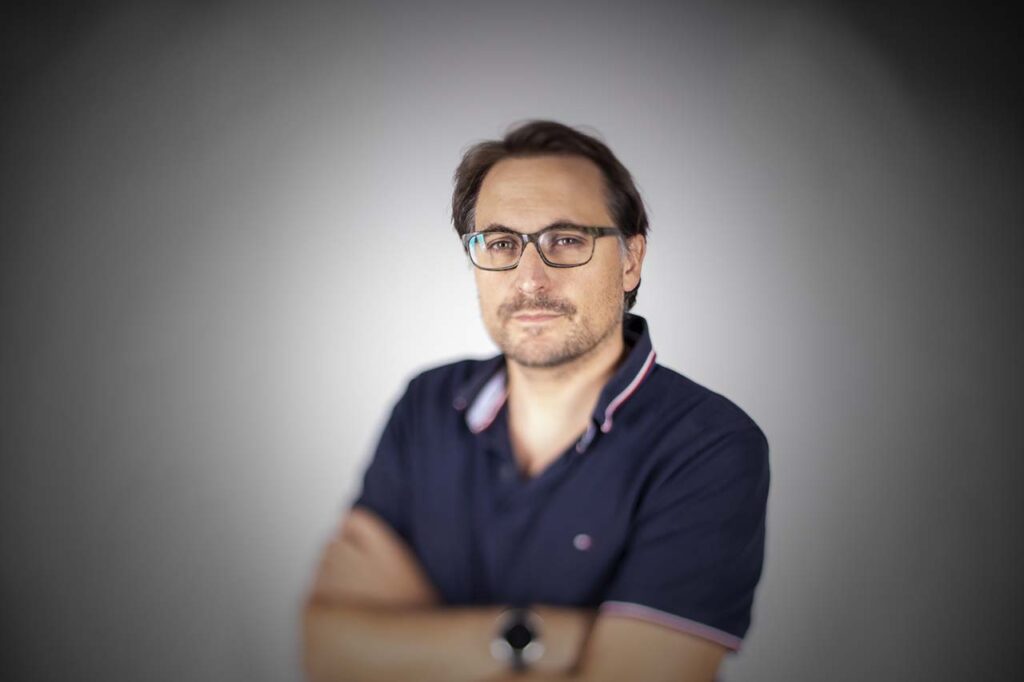3D4 Pedia: a drug “printed” as close as possible to patients
Winner of the Companies and Campusprogram, the 3D4 Pedia project is developing technology for producing drugs using 3D printing. The result of a collaboration between theCharles Gerhardt Montpellier Institute (UM, CNRS, ENSCM), the Nîmes University Hospital and MB Therapeutics, this innovative process enables customized dosages, mainly intended for children.

In the world of pharmaceutical research, this is a giant leap forward. "There had been no breakthrough innovation in drug production for almost 50 years," says Ian Soulairol , summing up the significance of this development. A researcher atICGM ( Institut Charles Gerhardt Montpellier), co-founder of MB Therapeutics, and head of the drug production unit at Nîmes University Hospital, the pharmacist is one of the pioneers in the development of drugs using 3D printing. Thanks to the 3D4 Pedia project, the first treatment of this type could hit the market as early as the beginning of 2027, targeting young patients with heart conditions.
An innovative ink
Traveling between Montpellier and Nîmes University Hospital, Ian Soulairol has been working on this new tool since 2017. "The techniques I am developing are completely different from anything that has been attempted before. My goal is for them to be used as close as possible to patients in order to create a medication tailored to each individual case," explains Ian Soulairol. Composed of a paste capable of containing the excipients and active ingredients of the treatment developed, this innovative ink offers infinite dosing possibilities. This is a godsend in the field of pediatrics, which requires greater precision due to the fragility of the target population. "When treating a child, you have to constantly adapt to variations in weight and age, and the drugs available on the market are quite limited. What's more, there has never been a sustained-release treatment suitable for children, but thanks to its modularity, 3D printing makes this possible," explains the researcher.
To accelerate the project's development and be able to produce the ink in industrial quantities, Ian Soulairol and Stéphane Roulon decided to create MB Therapeutics in 2023. The team will use this company to produce the ready-to-use paste and the machines. "The idea is then to be able to print the molecule locally, in pharmacies and university hospitals," he explains.
A beautiful union of forces
Thanks to the Companies and Campus program—a call for projects led by Montpellier's University Innovation Cluster (PUI)—which it won at the end of 2023, the 3D4 Pedia project received €25,000 in funding to strengthen its staff. In 2026, once the printing process has been validated, the team will conduct tests on the product's stability before moving on to industrial transfer. The first cartridges are expected to be on the market in early 2027, and in the near future, around 50 molecules could be reused and dosed more precisely thanks to this technology.
Supported by the Montpellier metropolitan area, which welcomed MB Therapeutics to its Millénaire premises, the 3D4 Pedia project benefited from a successful collaboration between the University of Montpellier and Nîmes University Hospital, where Ian Soulairol works as head of the drug production unit.
A series of fruitful partnerships within the PUI, which the researcher applauds wholeheartedly: "Without them, I would have struggled to fulfill my commitments."